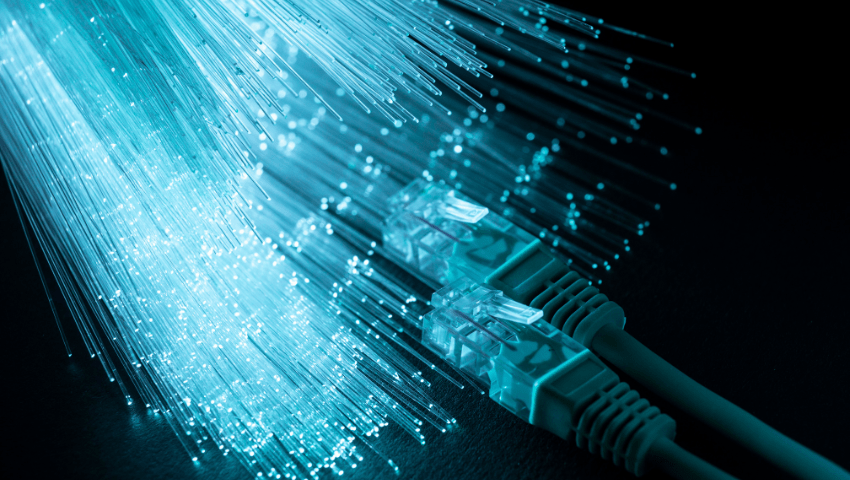The most popular notion – FTTH is just too expensive compared to the alternatives. Some say wireless also can do the work even as well. Is it true? Well, it won’t be wrong to mention that cables got too buried within the ground, the initial cost is high but is that the initial cost the sole cost you bear while purchasing an online connection? This blog will mention how this notion may be a paradoxical perception that suffers from a couple of major flaws and can bust a number of your myths.
Other broadband solutions like digital subscriber lines (DSLs) and hybrid fiber/coax (HFC), copper wires simply don’t support current and emerging services within the same comprehensive manner as fiber does because it transfers data at the lightning speed, reliably and securely. it’s capable of meeting the stress of the longer term with also being cost-effective within the following ways:
MAINTENANCE COST
Fiber is immune to human or electrical interference. Fiber-optic cable is formed from thin strands of glass. These glass strands are so flexible and thin as they carry no electricity and are impervious to lightning and water, they’re much more rugged and reliable than the copper wire they replace. Since it uses light to transfer data, it’s not suffering from any electricity flaws and doesn’t present any fire hazard. Nothing hurts fiber except a physical cut or destruction of the building it’s in. Hence fiber optic cable is that the only option which isn’t suffering from any quite external factors be it natural or human keeping the upkeep costs as minimal as possible. Whereas, its alternatives like copper wires easily get broken and has less tolerance for tension.
OPERATIONAL COST
Fewer maintenance and repair issues make the operational costs very low for the service providers which cost-benefit is shifted to the consumers eventually. Remember the time when affording a 4G was an enormous deal for people and it’s now almost freely accessible by everyone. because the infrastructure develops, cost benefits are shifted to customers. Hence you enjoy seamless connectivity with no stress of customer service, because of easier maintenance, lower electricity consumption, and better network reliability.
CUSTOMER SERVICE
There’s less to travel wrong with the fiber network. Most fiber access networks require no or only a couple of electrical components between the central communications office and therefore the end-user. The rare problems in an all-fiber network are easily detected with equipment that will pinpoint the cause and even the situation of the fault remotely, sometimes even before a customer knows there was a drag, it gets solved. Only on some rare occasions, these problems are often of concern and you would possibly get to call customer service. Isn’t it just great that the system is so efficient that you simply don’t need to await technicians to return to your home to see the faults and obtain your copy and running?
LONGER LIFECYCLE
FTTH equipment depreciates at a rate that’s fourfold slower than that of fixed wireless. Replacement of wires becomes very difficult, time-consuming, and expensive but it’s to be done to continue upgrading. An investment that gives longevity is a smaller amount disruptive and fewer costly over the end of the day, right? Once the fiber is installed, it’s going to not need to get replaced for several decades.
COSTS FOR TECHNOLOGY UPGRADES
To have a system that works for many years, it’s important to wisely invest. Can there be a far better technology than the one which is ‘future-proof’?
SAVED HOURS AT WORK
Research indicates that slow internet connections cost employees one week per annum of productivity. you’re saving productivity of seven days for every of your employee by installing a fiber network at the workplace because it is capable of offering you speed up to 100 megabits per second. there’ll be no more wasted hours, low productivity, and morale of employees at work.
HIGH-SPEED BROADBAND
High-speed broadband charges more for more speed than how is it even like fiber? These high-speed broadbands aren’t only expensive but accompany their justifiable share of challenges like proximity distortion, low tolerance for tension, are often easily broken (high maintenance costs), loss of connection thanks to climate or weather change, etc. Why would someone not invest in a technology which is accessible and reliable within the long run? Hence fiber any day wins over the expensive wireless broadband as nothing is more reliable than its and reliable services confirm you don’t lose money unnecessarily.
